The Science Behind Scar Creams
First it’s helpful to understand what scars actually are—and why they behave differently from normal skin.
When your skin is injured—whether through a cut, surgery, or acne—the body rushes to repair the damage. This healing process happens in stages: inflammation, tissue formation, and remodeling. During this process, your body produces collagen, a fibrous protein that acts like scaffolding to close and reinforce the wound.
But here’s the catch: the collagen in scars is laid down quickly and unevenly, which is why scar tissue looks and feels different. It tends to be thicker, less elastic, and lacks key structures like oil glands and pigment cells. That’s why scars can appear drier, discolored, or raised, and why they don’t behave like normal skin.
Because of this, scar care focuses on:
- Hydration to keep scar tissue soft and flexible
- Regulating collagen production to prevent thick or raised scars
- Reducing discoloration caused by uneven melanin production
- Protecting the scar from sun exposure, which can worsen pigmentation

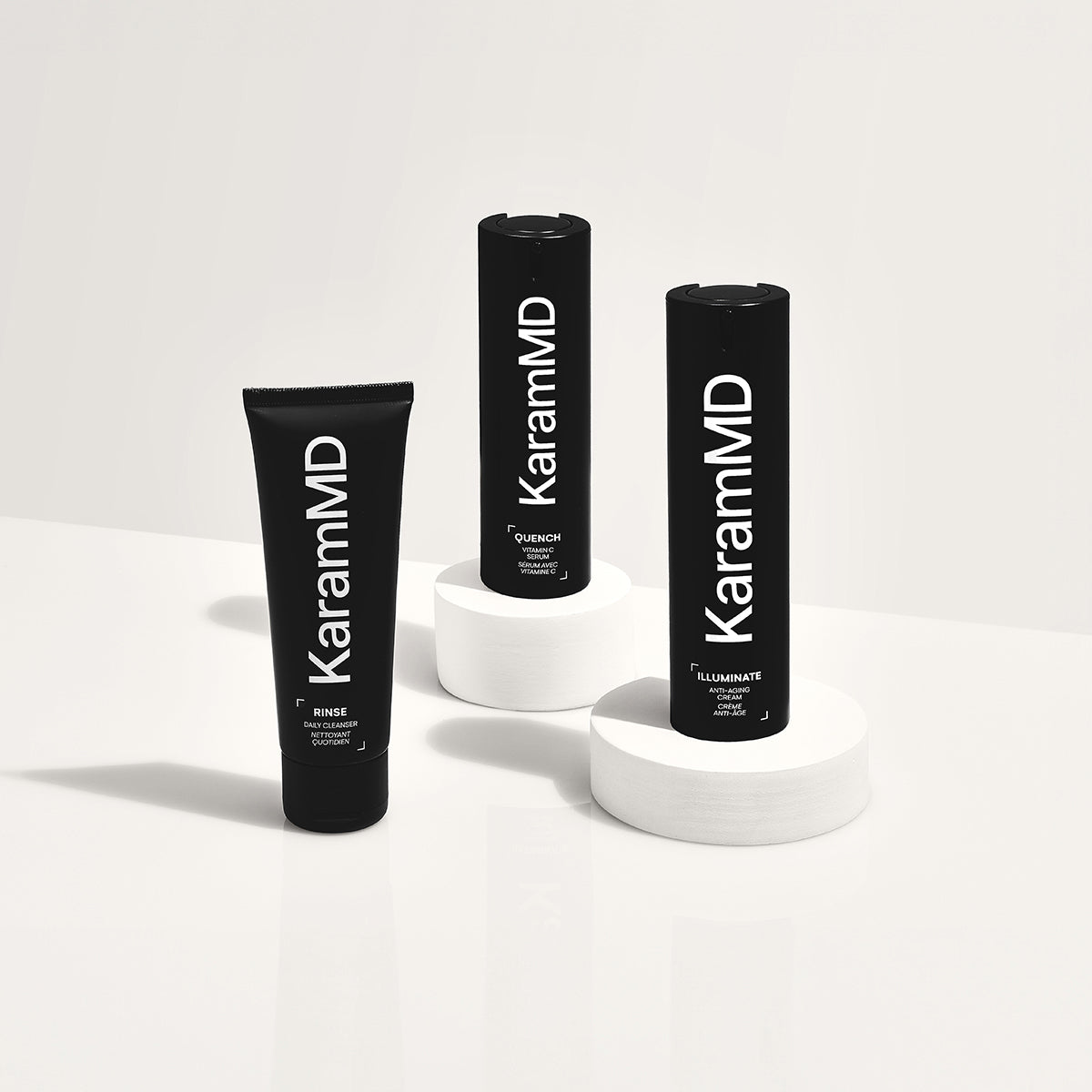
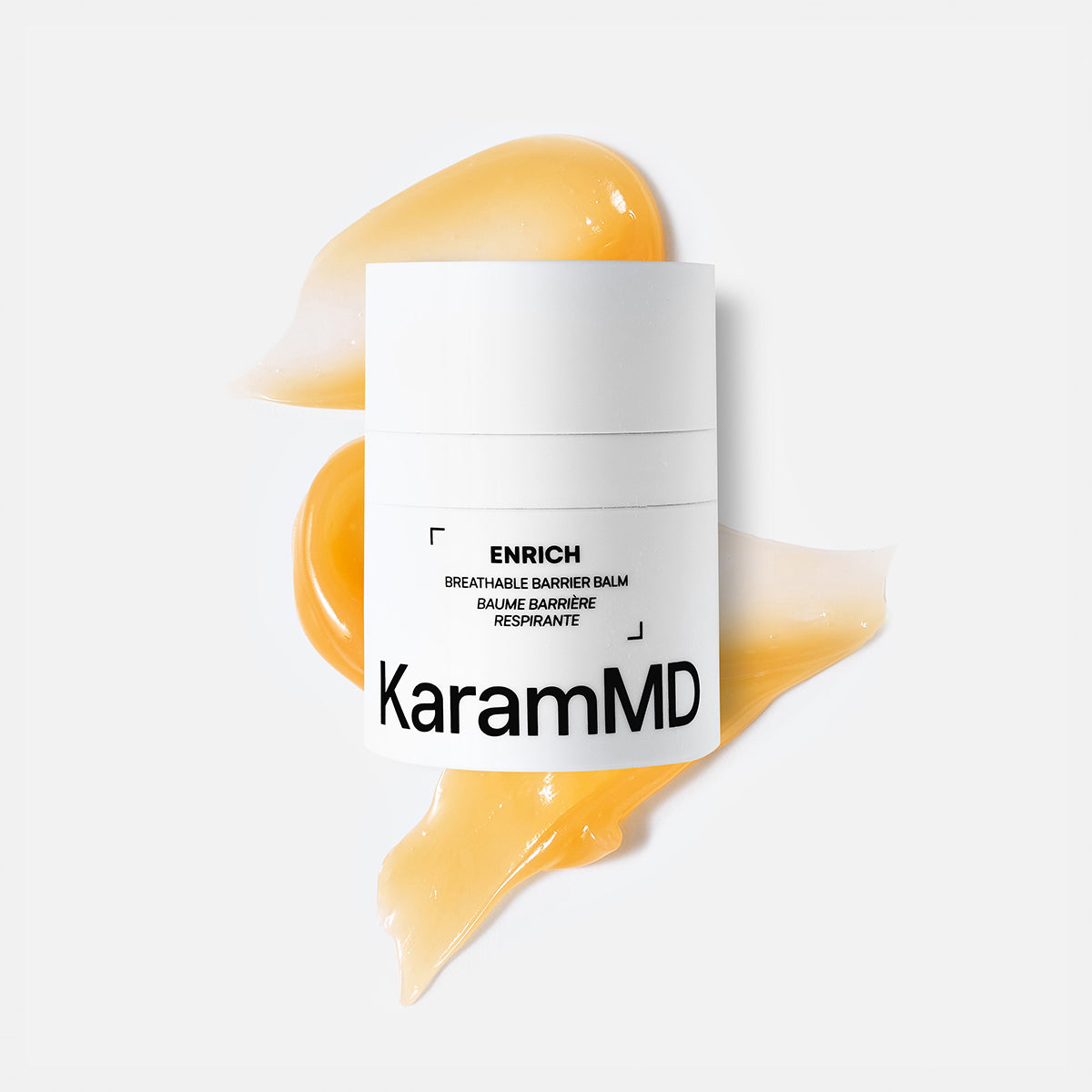
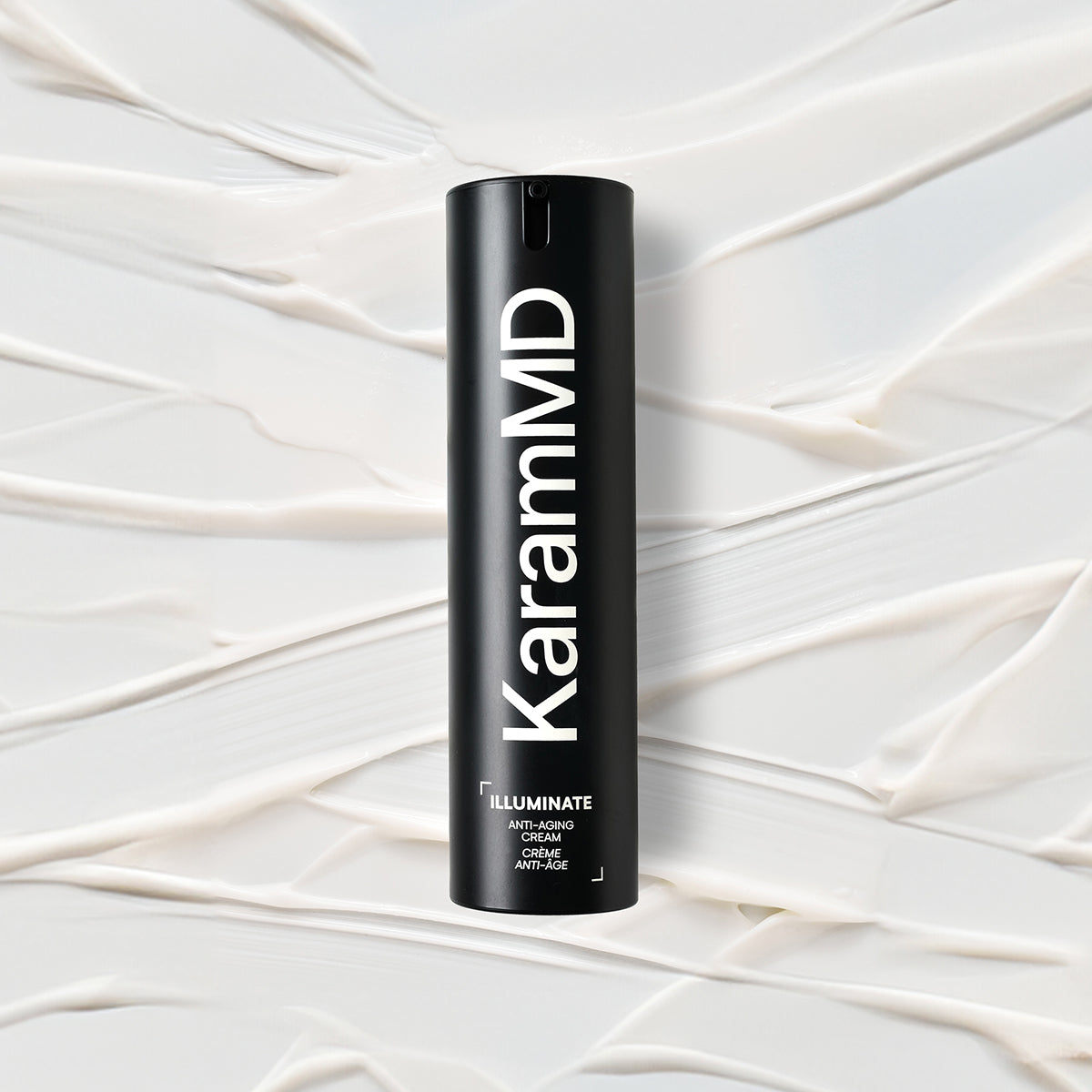
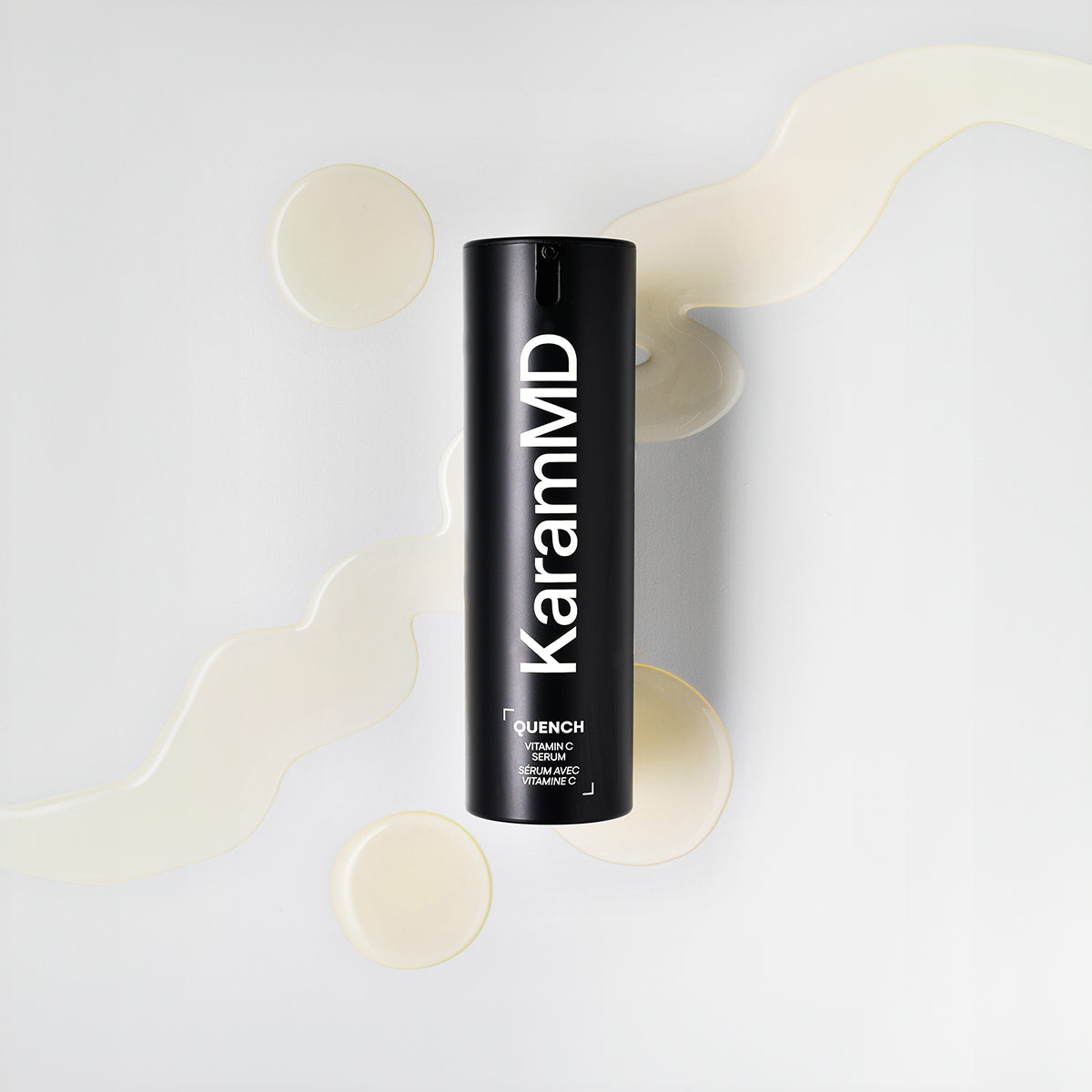
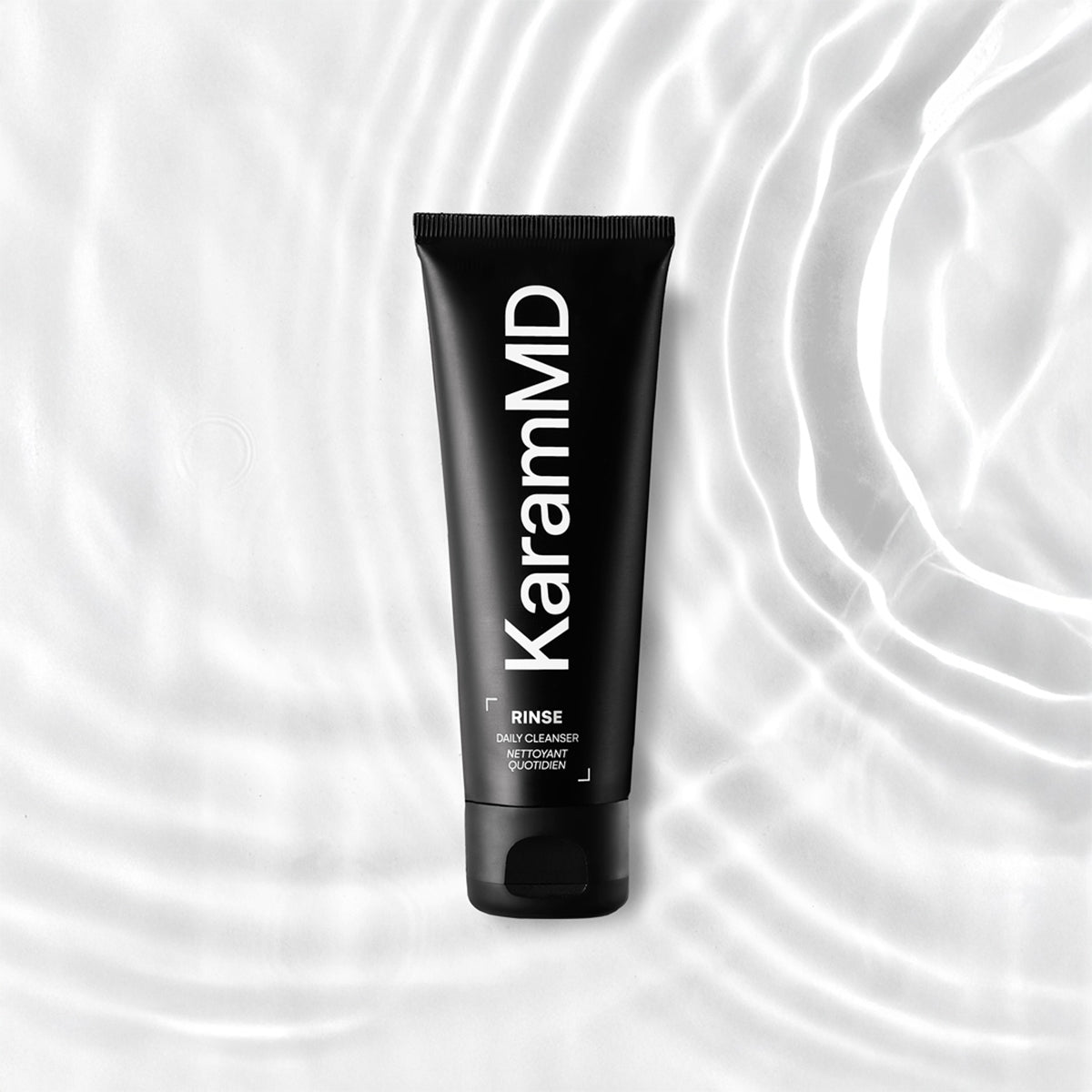
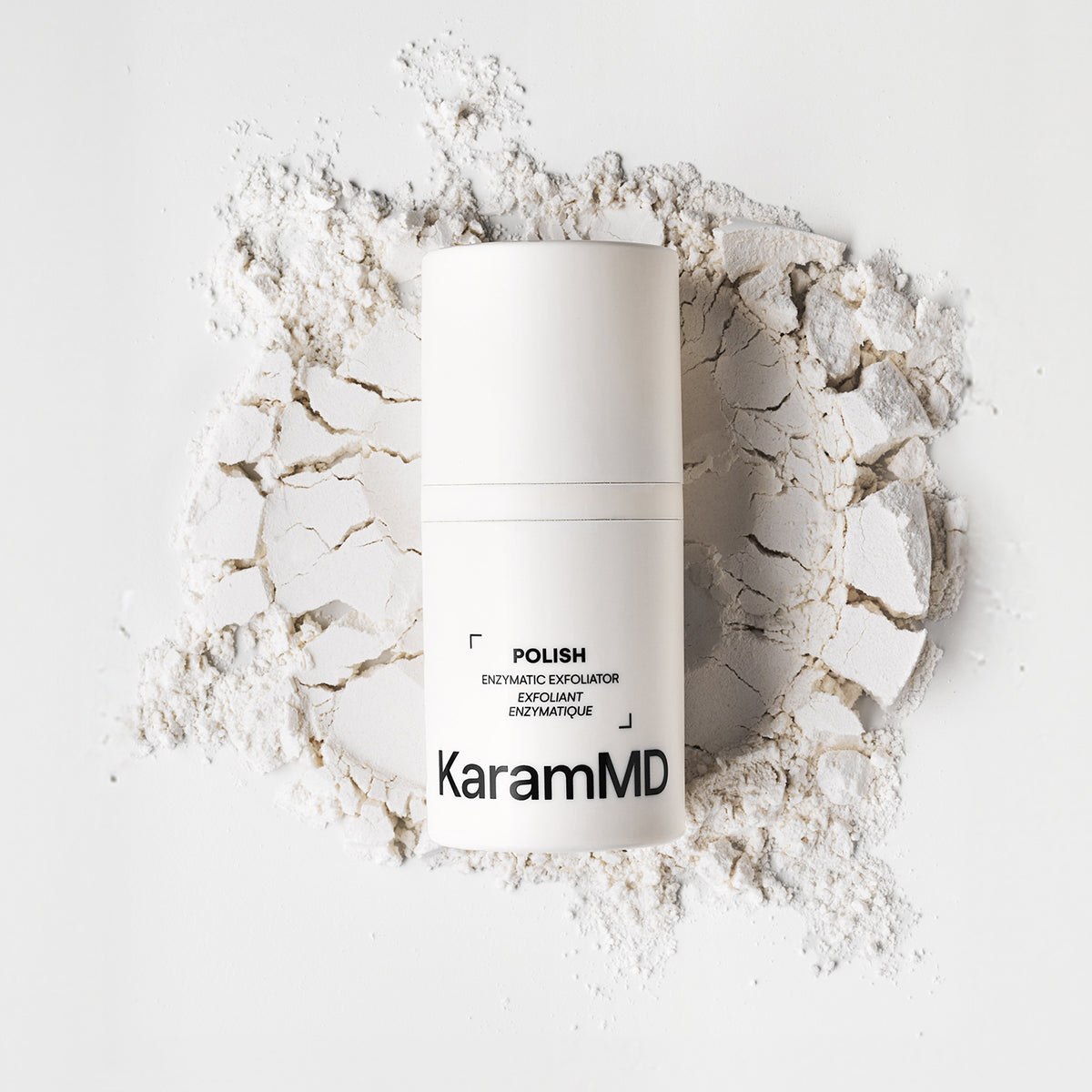
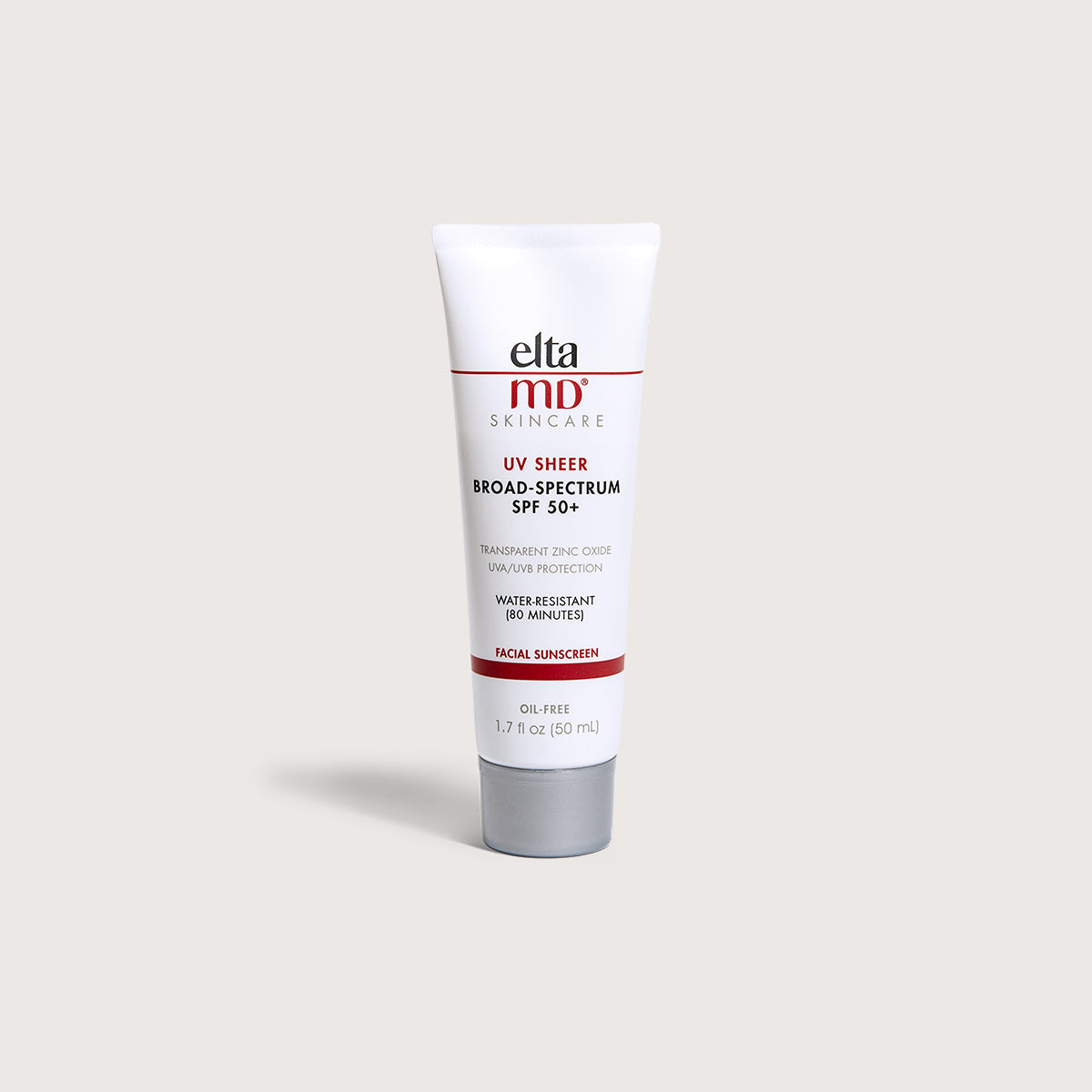
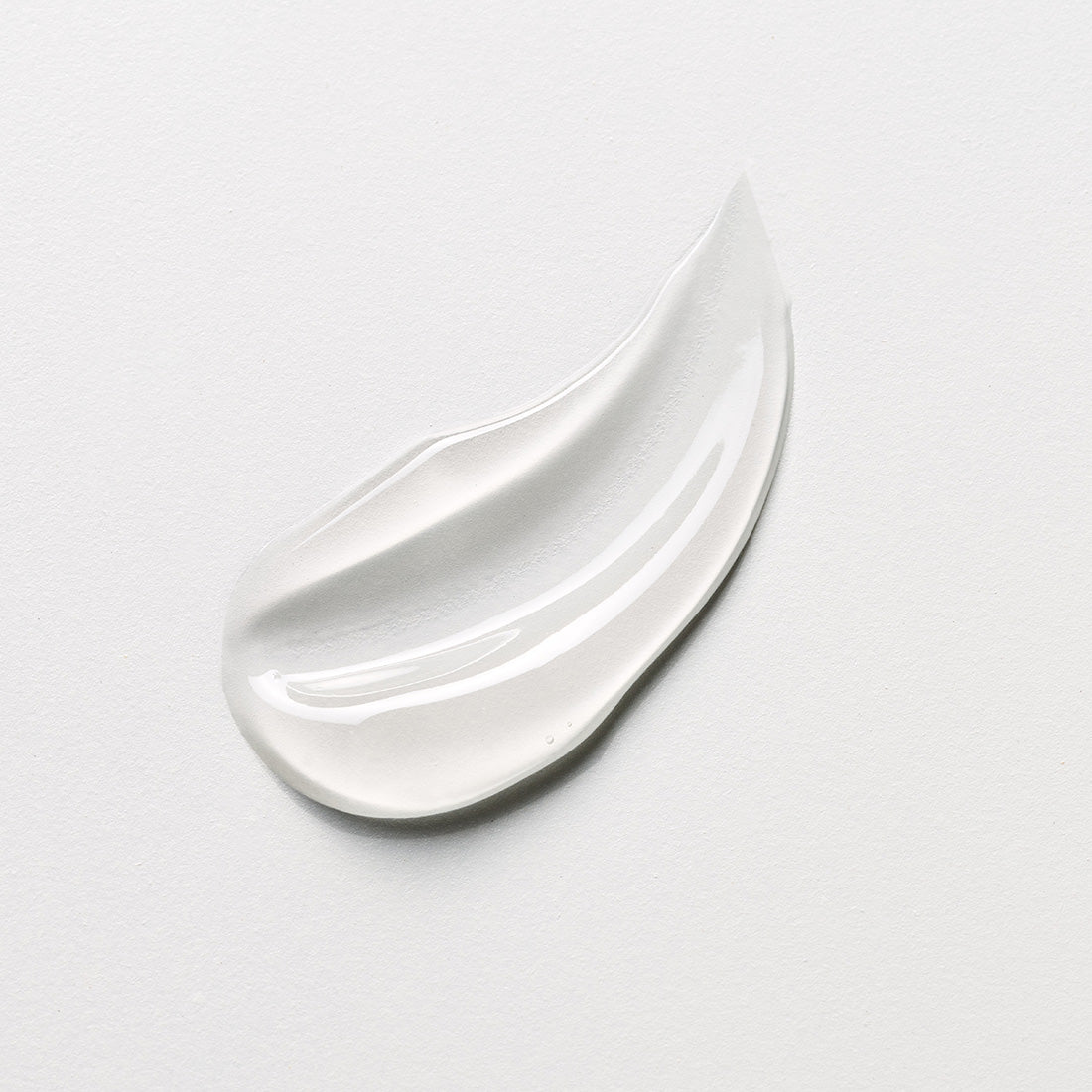
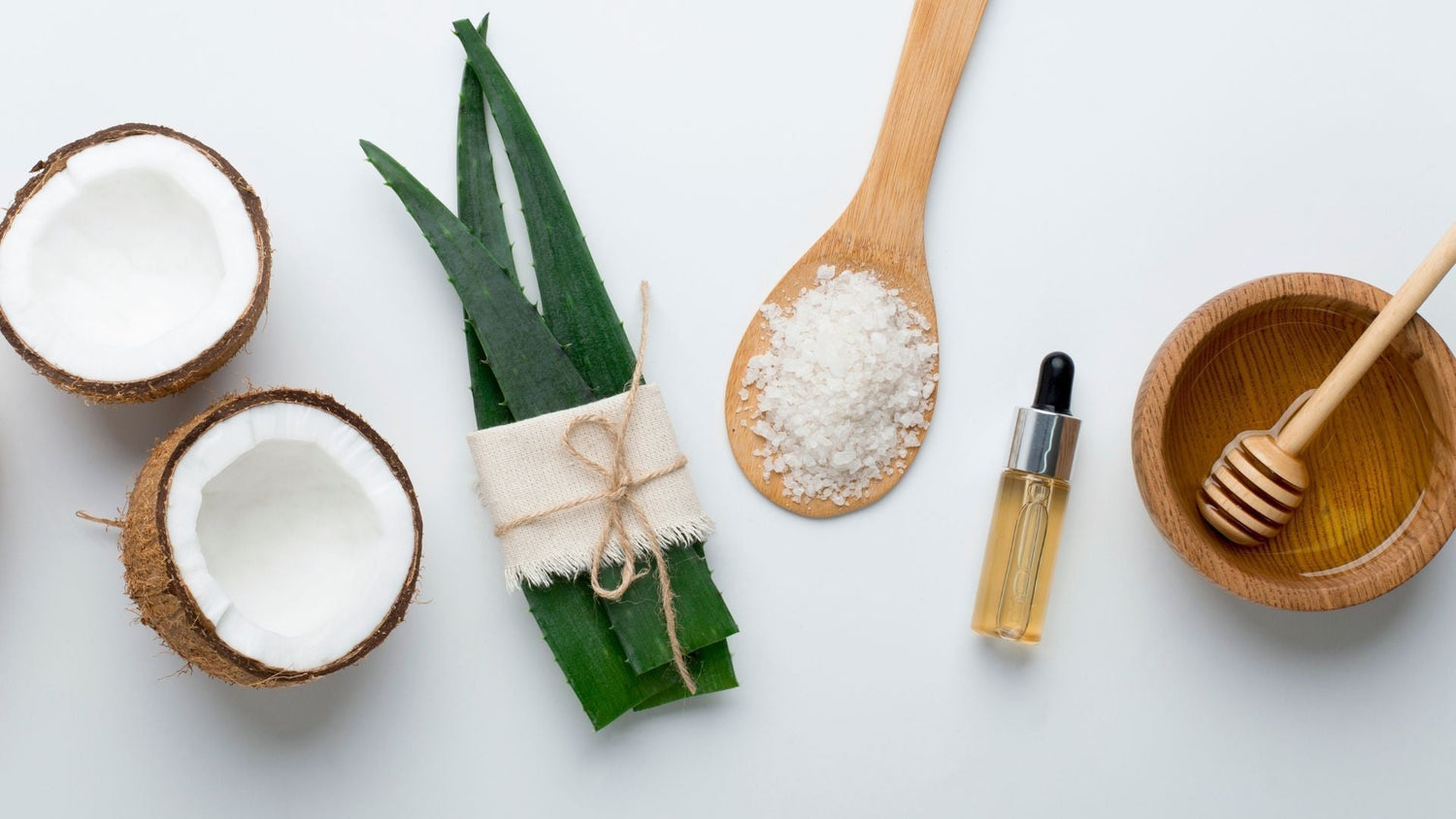


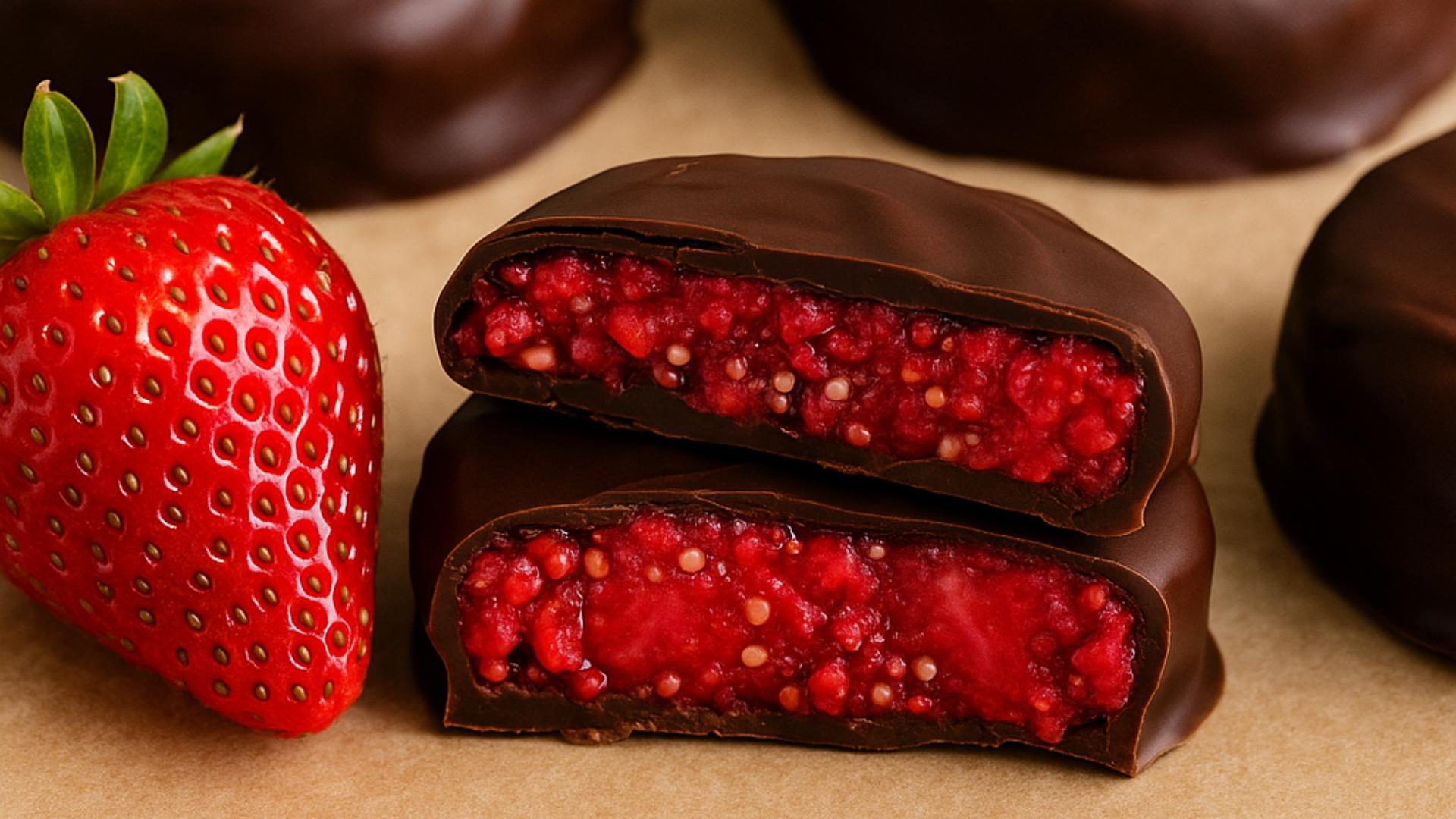



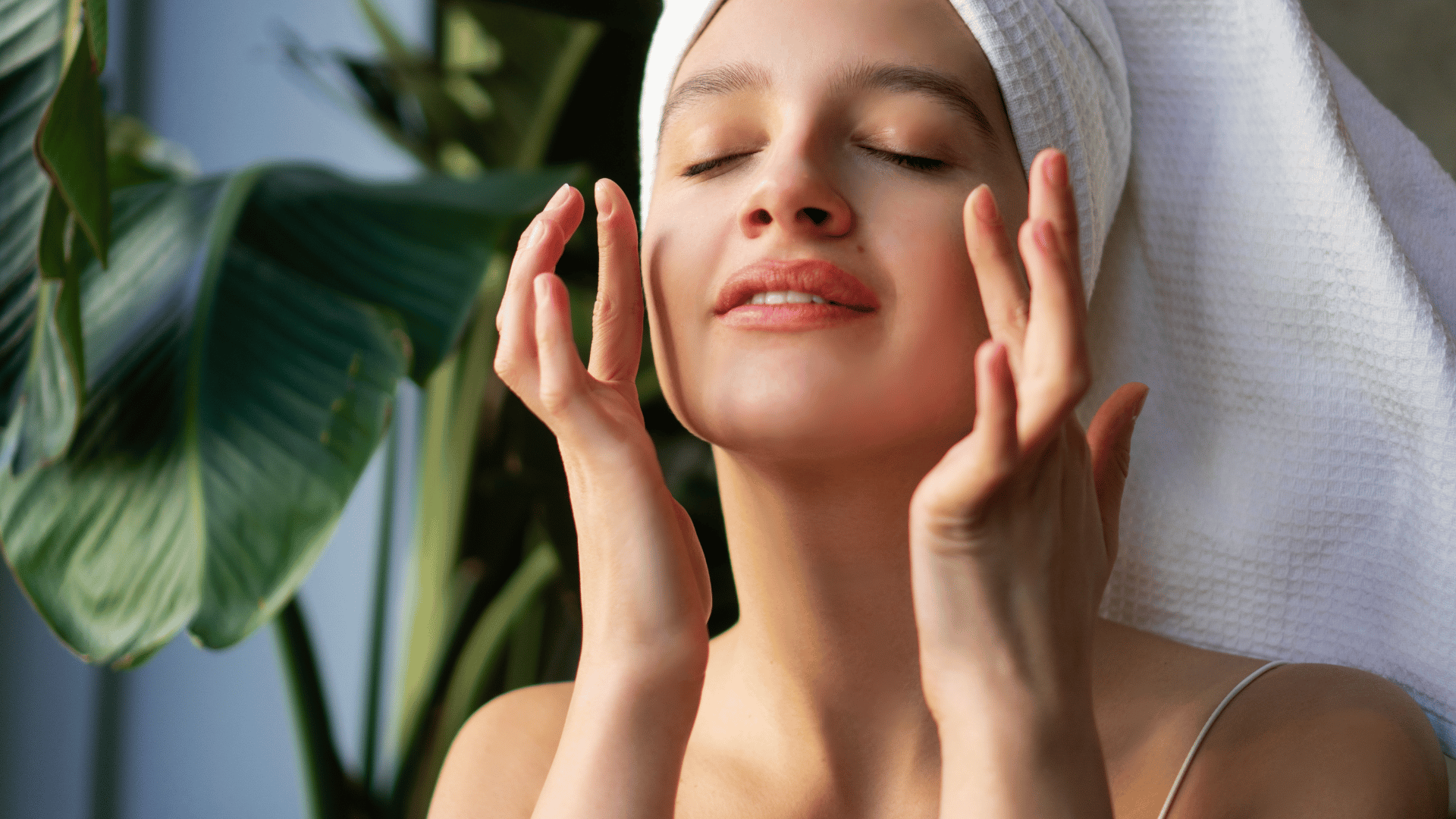
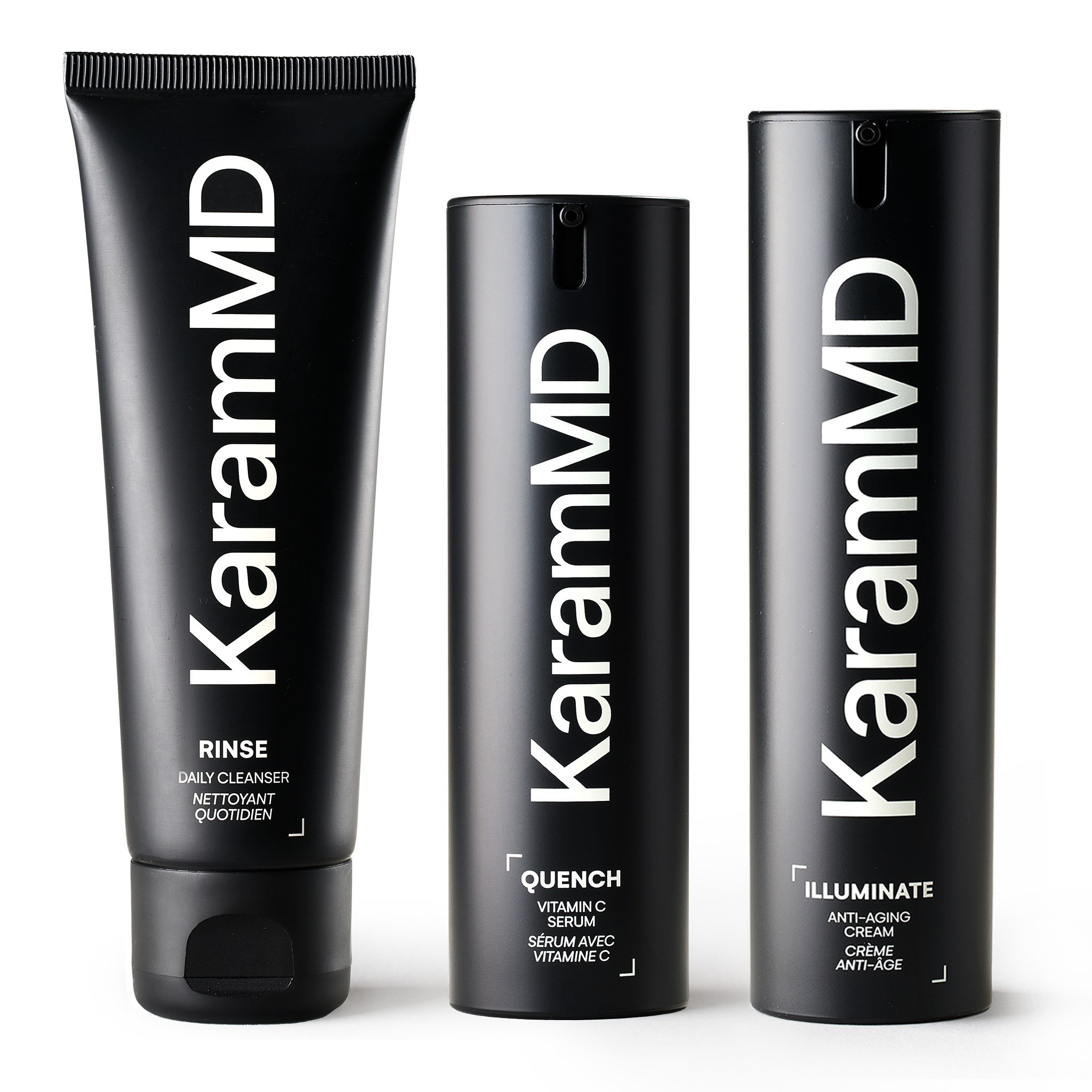
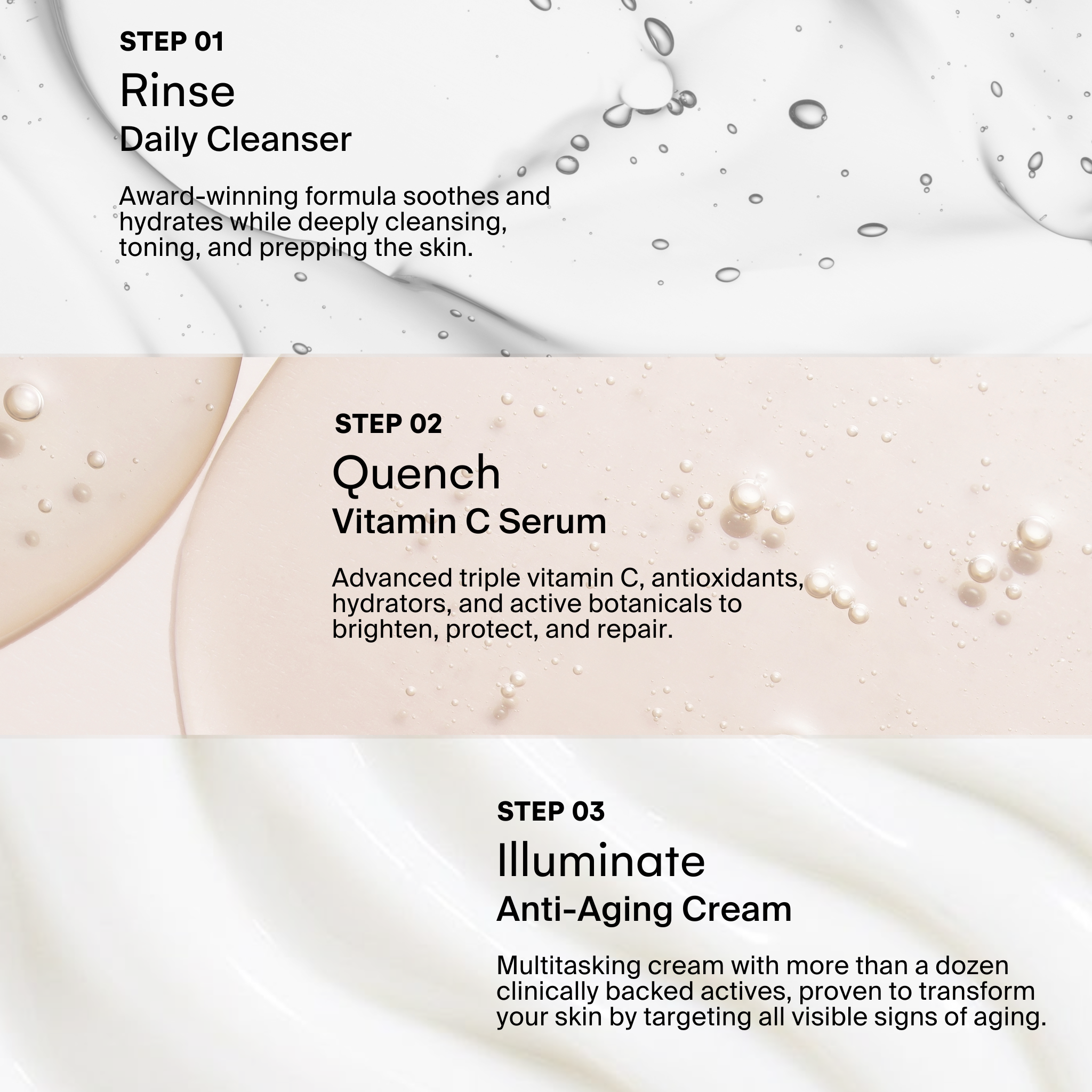
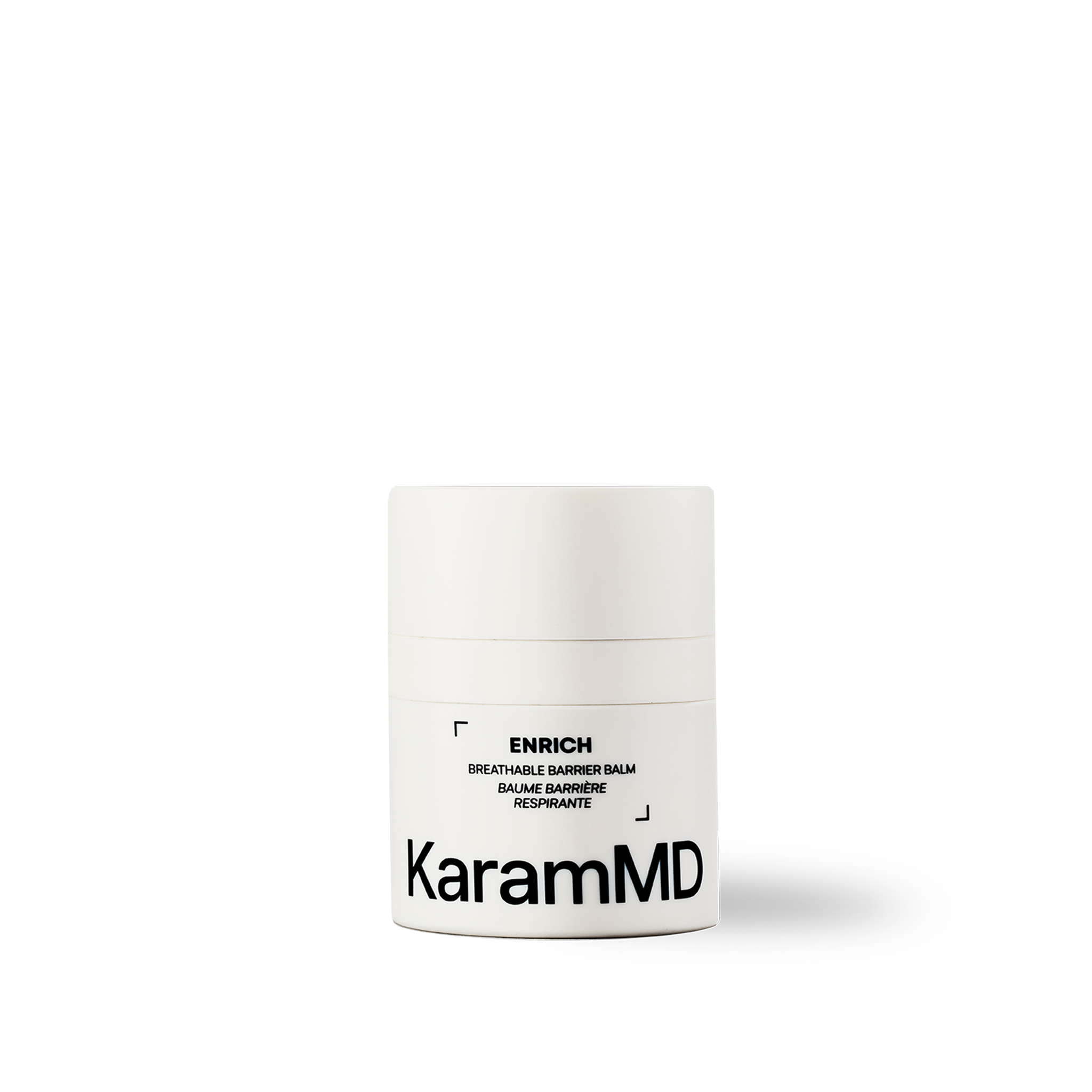
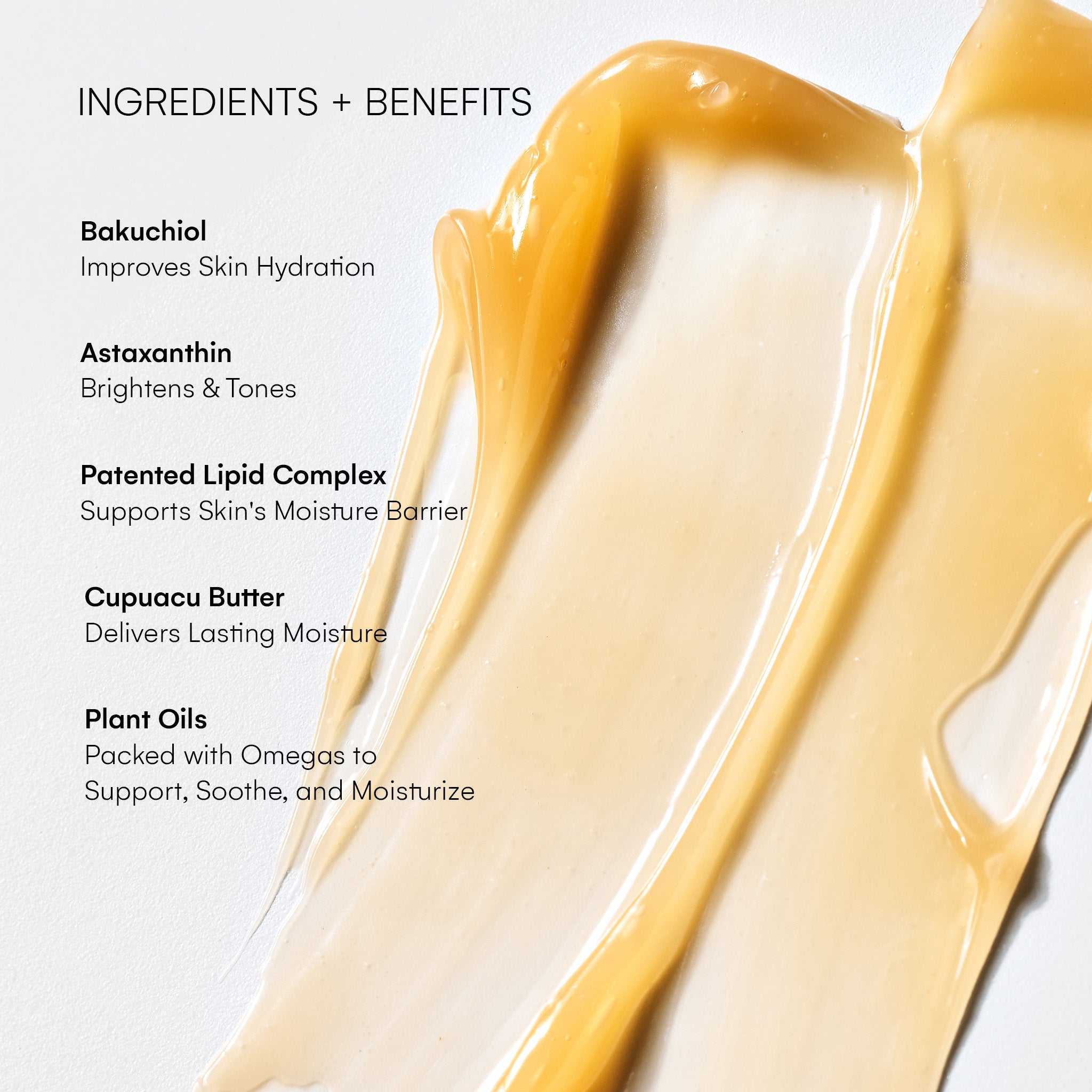
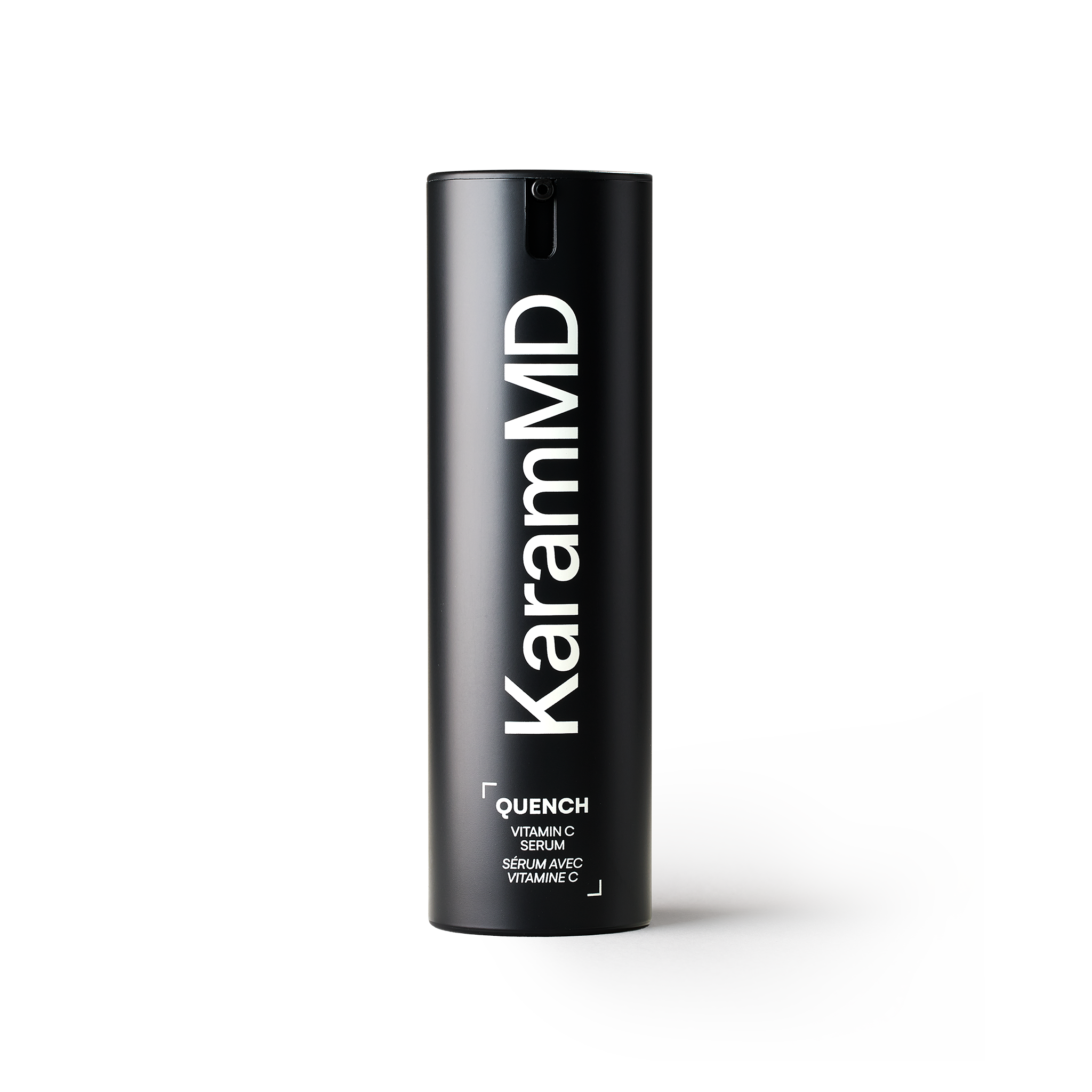
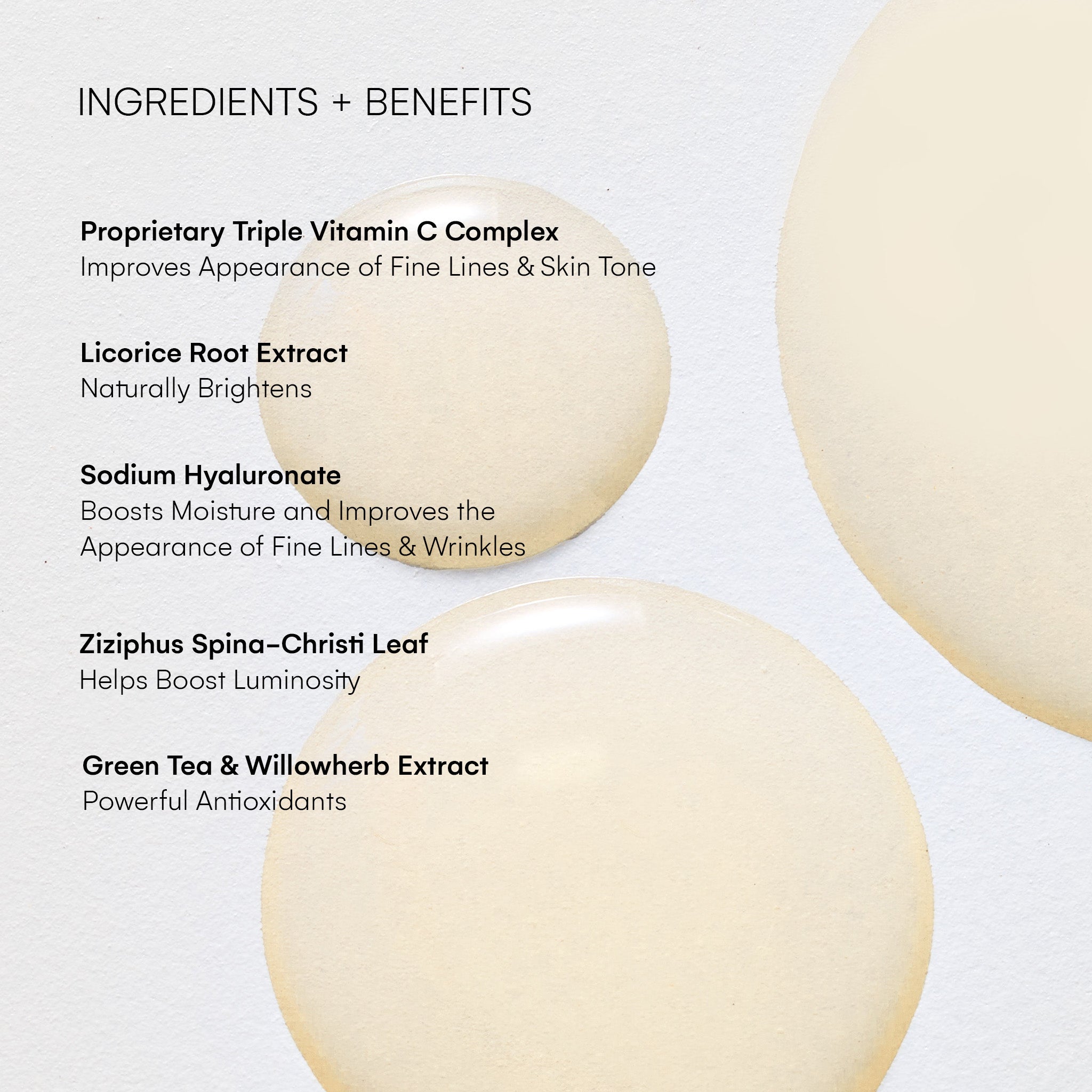
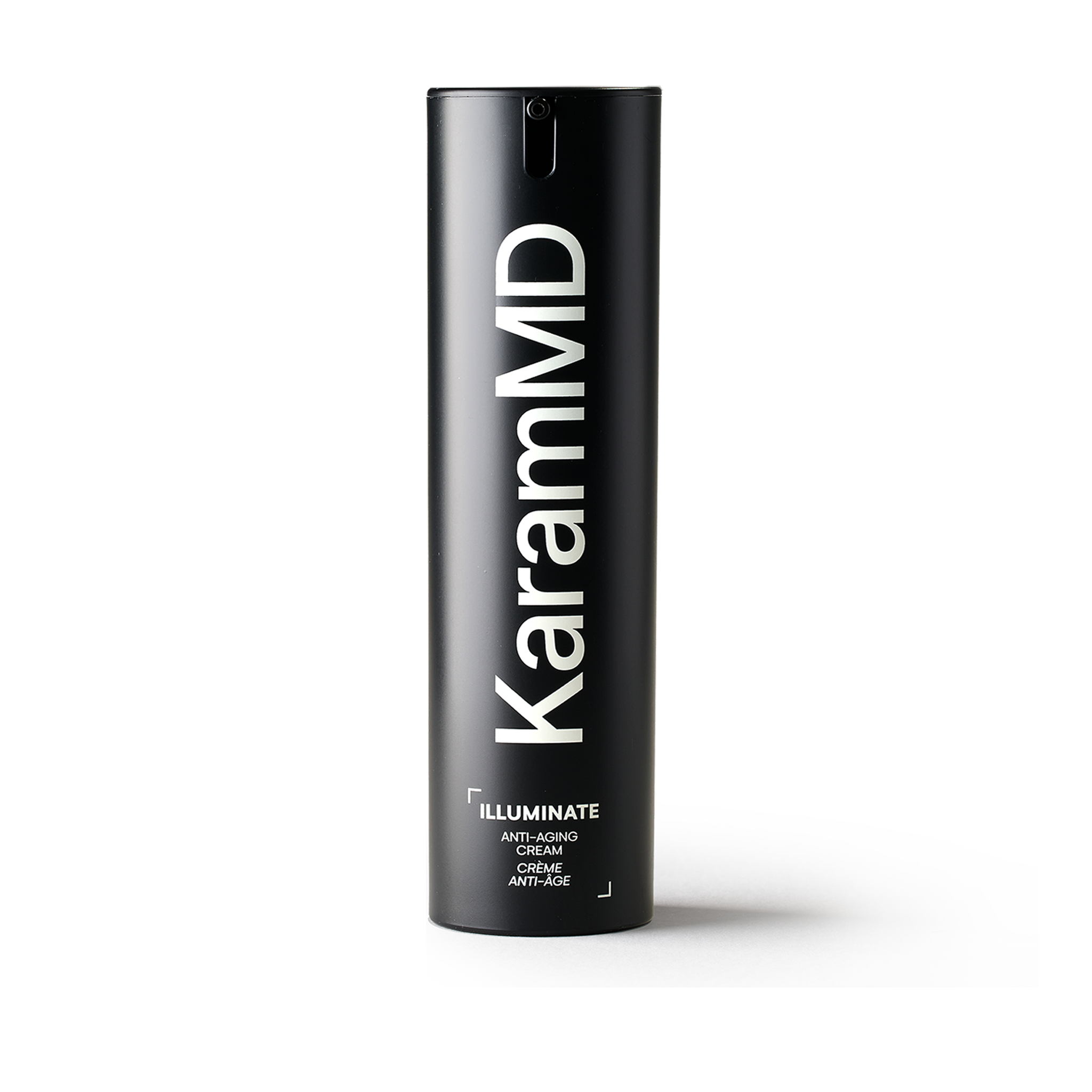
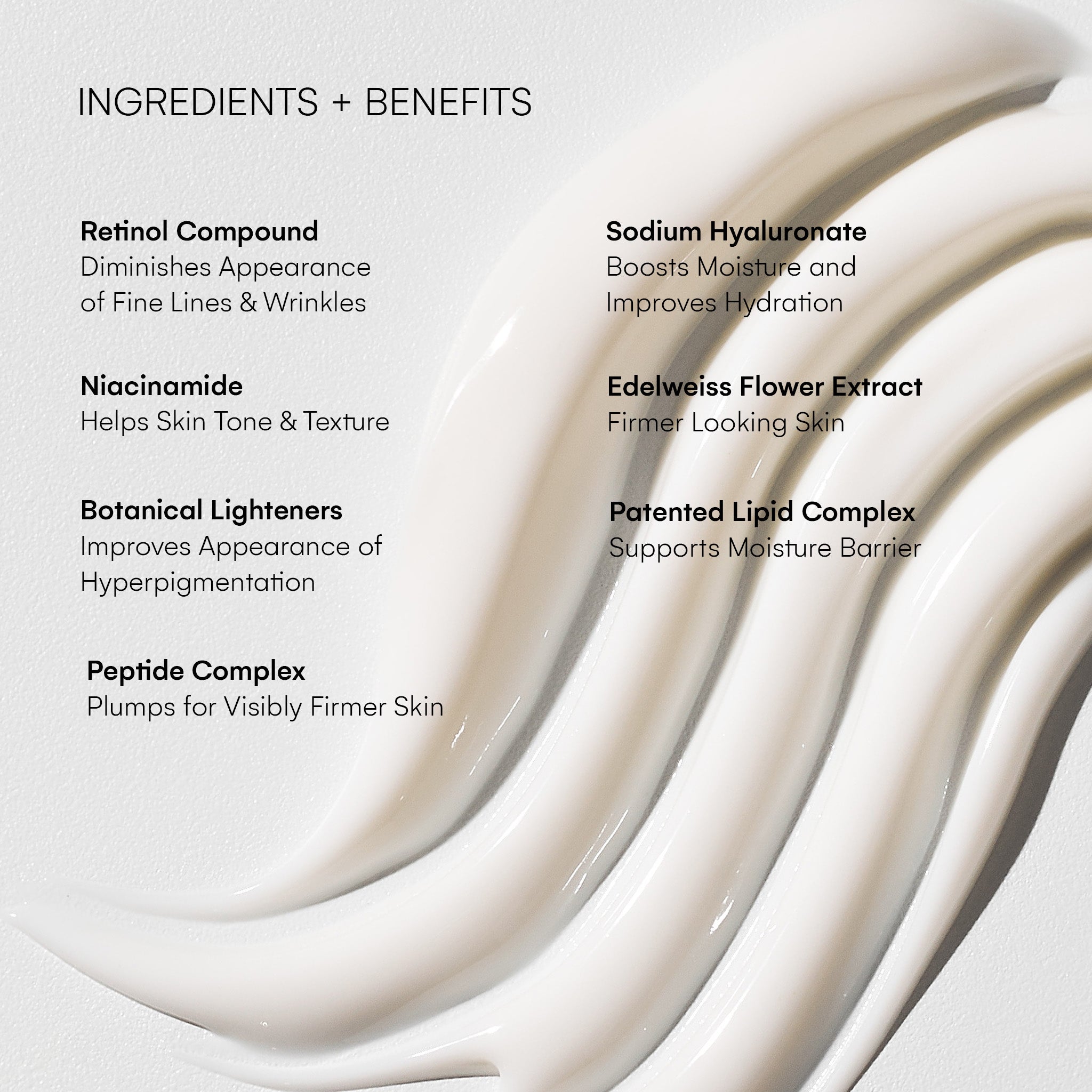
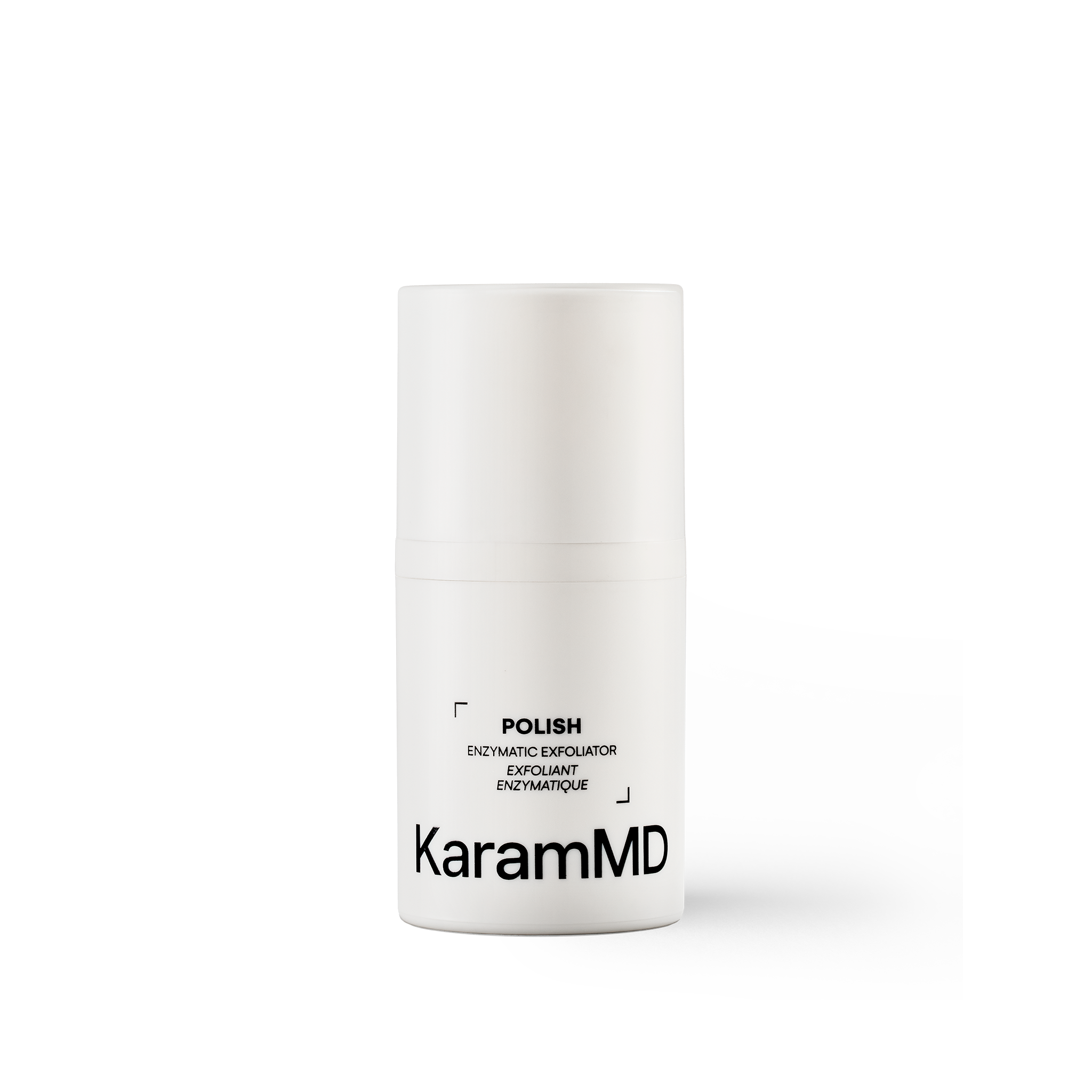
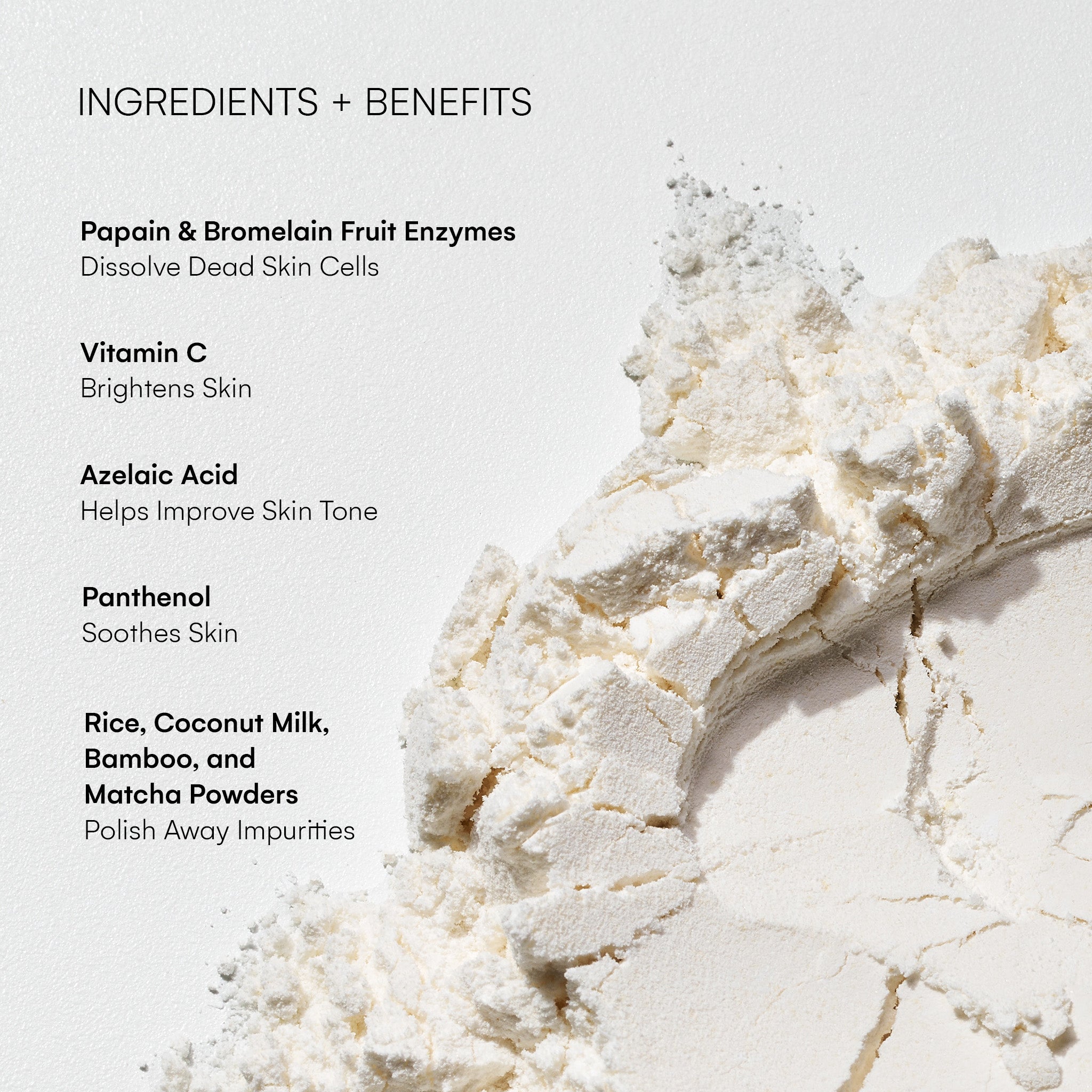
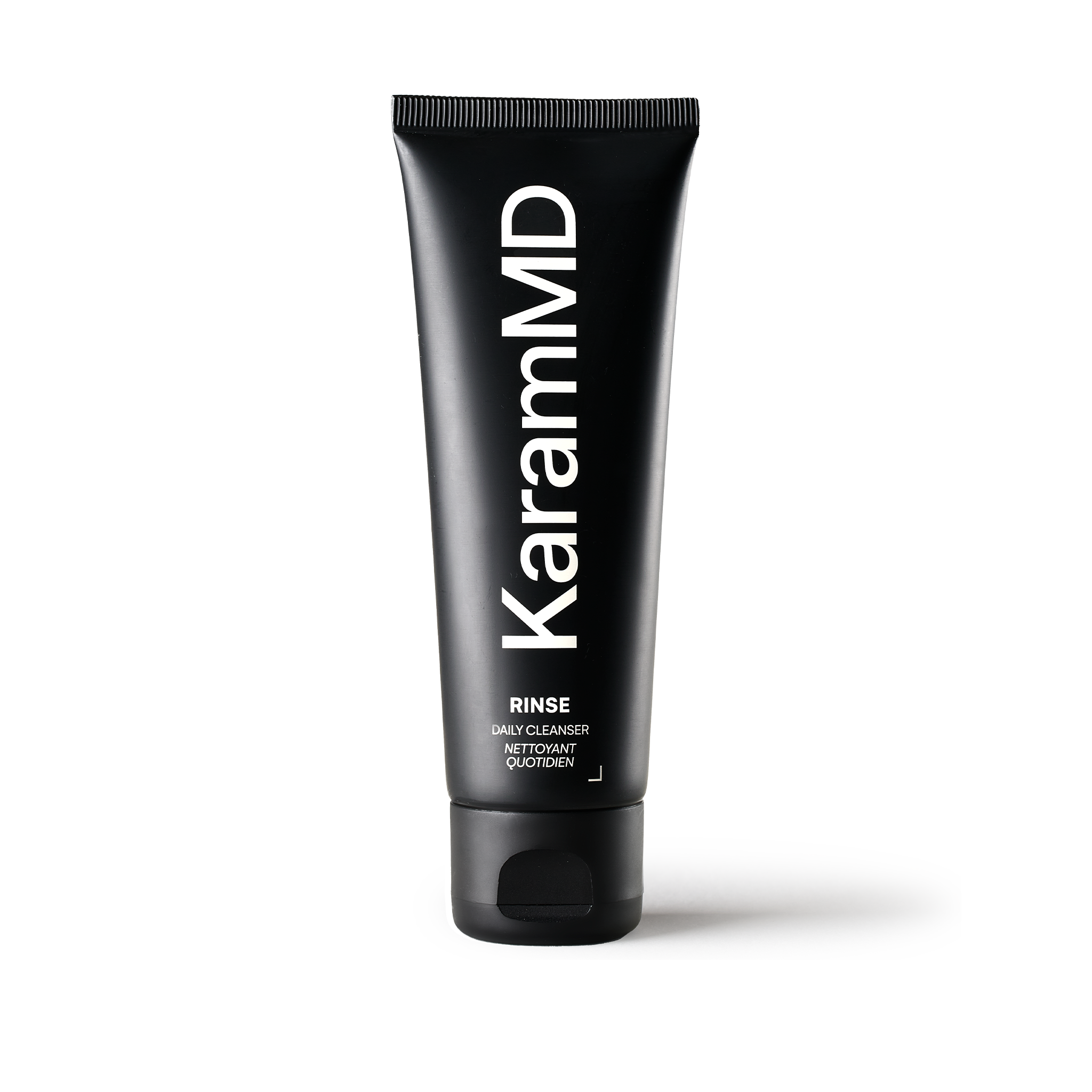

Leave a comment
All comments are moderated before being published.
This site is protected by hCaptcha and the hCaptcha Privacy Policy and Terms of Service apply.